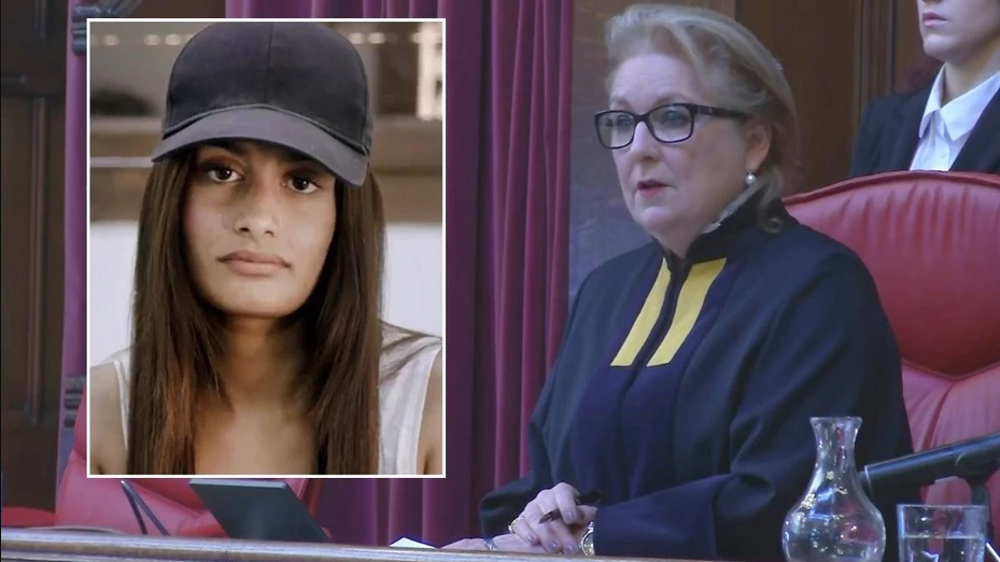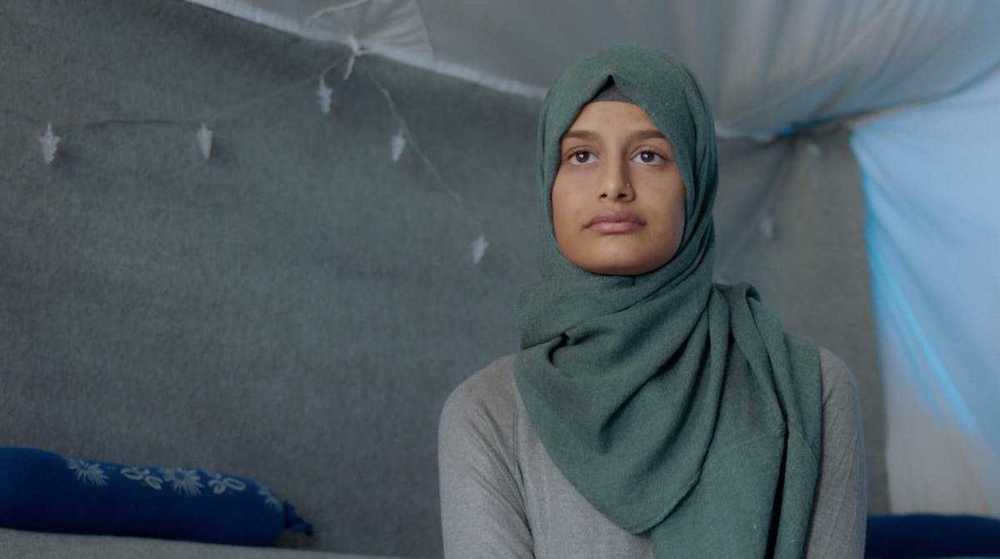UK-born Begum smuggled into Syria to join Daesh loses citizenship appeal
A British-born woman who was reportedly smuggled into Syria by a Canadian spy to join Daesh has lost her latest appeal over the removal of her British citizenship.
Shamima Begum, who is now 24, left the UK as a schoolgirl in 2015 to join the terrorists in Syria, prompting then-UK home secretary Sajid Javid to cancel her British citizenship in 2019.
The UK appeals court three-judge panel dismissed Begum's case, rejecting her claim that she had been a victim of child trafficking.
The head judge of the Court of Appeal, Dame Sue Carr, said the judges unanimously dismissed Begum’s appeal: “It could be argued that the decision in Miss Begum’s case was harsh. It could also be argued that Miss Begum is the author of her own misfortune. But it is not for this court to agree or disagree with either point of view. Our only task is to assess whether the deprivation decision was unlawful. We have concluded it was not and the appeal is dismissed.”
In the meantime, Begum remains imprisoned at the al-Roj detention camp in northeastern Syria, where she is likely to stay for the foreseeable future since she is effectively stateless.
The British-born woman of Bangladeshi origin was smuggled by a Canadian spy into Syria from east London to Syria in 2015 when she was just 15.
Begum and her two friends – Kadiza Sultana, 16, and Amira Abase, 15 – left their homes in east London’s Bethnal Green area in 2015 to become the Daesh brides.
She eventually married a Dutch foreign fighter in Syria and gave birth to three children.
Begum expressed her desire to return home in February 2019. However, the British government revoked her citizenship, leading to a legal battle for the restoration of her citizenship.
A 2016 report commissioned by the government warned that removing extremists’ citizenship left them free to continue terrorist activities abroad, prevented monitoring and encouraged the “dangerous delusion that terrorism can be made into a foreign problem”.
In 2019, former defense minister Tobias Ellwood told The Independent the detention of thousands of extremists and their families in Syria was creating conditions for a resurgence of the militant group.
“We’ll see Daesh 2.0,” he warned. “We’ll see a repeat of al-Qaeda regrouping and becoming a very real threat, and that threat won’t just pose itself in the Middle East, but also to Britain.”
‘All wars have rules. All of those rules have been broken’ by Israel
VIDEO | Report flags India’s violation of rights of Rohingya detainees
Turkey's foreign minister meets Syria's de facto leader in Damascus
'Next to impossible' to rescue patients from Gaza's Kamal Adwan Hospital: Director
VIDEO | Vietnam current prosperity
Report blames gasoil exports for shortage at Iranian power plants
VIDEO | Hind Rajab Foundation names Israeli war criminals vacationing after Gaza genocide
VIDEO | Australians rally for Gaza ahead of Christmas festivities












 This makes it easy to access the Press TV website
This makes it easy to access the Press TV website